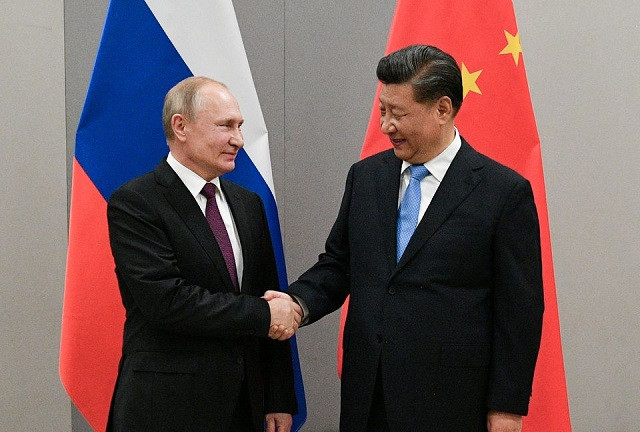
Western leaders on Saturday said Russia and China were seeking to "replace the existing international rules" with their own order, as Beijing backed Moscow over its showdown with NATO.
Russia has all but encircled Ukraine with its huge troop buildup and US President Joe Biden has warned that Vladimir Putin plans an invasion within days.
Moscow is using the threat to invade Ukraine to demand a halt to NATO expansion and what it calls "Cold War" ideologies.
At a closely choreographed appearance in Beijing for the Winter Olympics, Putin and his Chinese counterpart Xi Jinping had put up a united front against NATO expansion.
"For the first time we now see Beijing joining Moscow in calling on NATO to stop admitting new members," noted the alliance's chief Jens Stoltenberg, speaking at the Munich Security Conference.
Read more: Putin launches nuclear drills as US says Russia poised to invade Ukraine
"It is an attempt to control the fate of free nations, to rewrite the international rulebook and impose their own authoritarian models of governance," he warned.
EU chief Ursula von der Leyen had stronger words, accusing Moscow of a "blatant attempt" to rewrite the global order.
Russia and China are seeking to "replace the existing international rules -- they prefer the rule of the strongest to the rule of law, intimidation instead of self-determination," she told the Munich conference.
Addressing the same forum via video-link a few hours later, Chinese Foreign Minister Wang Yi said Beijing's commitment to respecting territorial sovereignty has been "consistent" and that anyone challenging it was "distorting" its position.
But he also questioned whether an eastern expansion of NATO would guarantee lasting peace.
"We believe that the Cold War is long gone -- NATO was a product of the Cold War era and now we need to look at the current situation and there needs to be an adaptation of NATO," he said.
"If there is persistent eastern expansion, will that guarantee peace in Europe? That is a question that our friends in Europe need to consider seriously."
Wang also stressed that "all parties have the right to raise their concerns, while the reasonable concerns of Russia should also be respected and heeded."
China has in recent years been in the crosshairs of the West over its human rights record, including its alleged abuse of Uyghurs, which has also sparked a US-led Western diplomatic boycott of the Winter Olympics.
China enjoyed plentiful support from the Soviet Union -- the precursor to the modern Russian state -- after the establishment of Communist rule in 1949, but the two socialist powers later fell out over ideological differences.
Relations got back on track as the Cold War ended in the 1990s, and the pair have pursued a strategic partnership in recent years that has seen them work closely on trade, military and geopolitical issues.
The escalating tensions with the West have further bolstered ties between the world's most populous nation and the world's largest.
Speaking in Munich on Saturday, German Chancellor Olaf Scholz warned against viewing the world through Cold War lenses, as he assessed that nations are no longer divided into a communist and a capitalist half since the 1990s.
"There are now only capitalist countries on the globe, but North Korea. And if you see it like this, the difference between the states is about autocracy, about the way how we rule our countries, about democracy," he said.
"It is absolutely clear that we are going into a world that is multi-polar," he said, adding that "you can be sure that other upcoming or already great nations of Asia will not accept" any attempts by China or Russia to build up their own spheres of domination or interest.
"Not Korea, not Japan, not Vietnam, not Indonesia, not Malaysia," he warned.
1731494851-0/BeFunky-collage-(51)1731494851-0-405x300.webp)
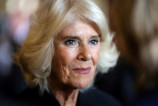



1731484086-0/Copy-of-Untitled-(33)1731484086-0-270x192.webp)




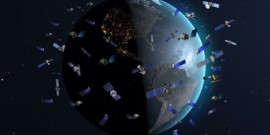
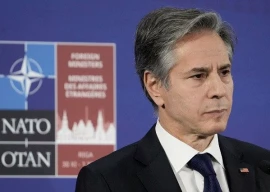
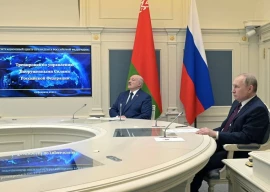
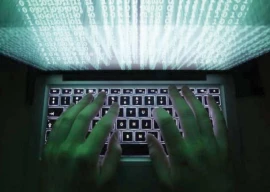






COMMENTS
Comments are moderated and generally will be posted if they are on-topic and not abusive.
For more information, please see our Comments FAQ